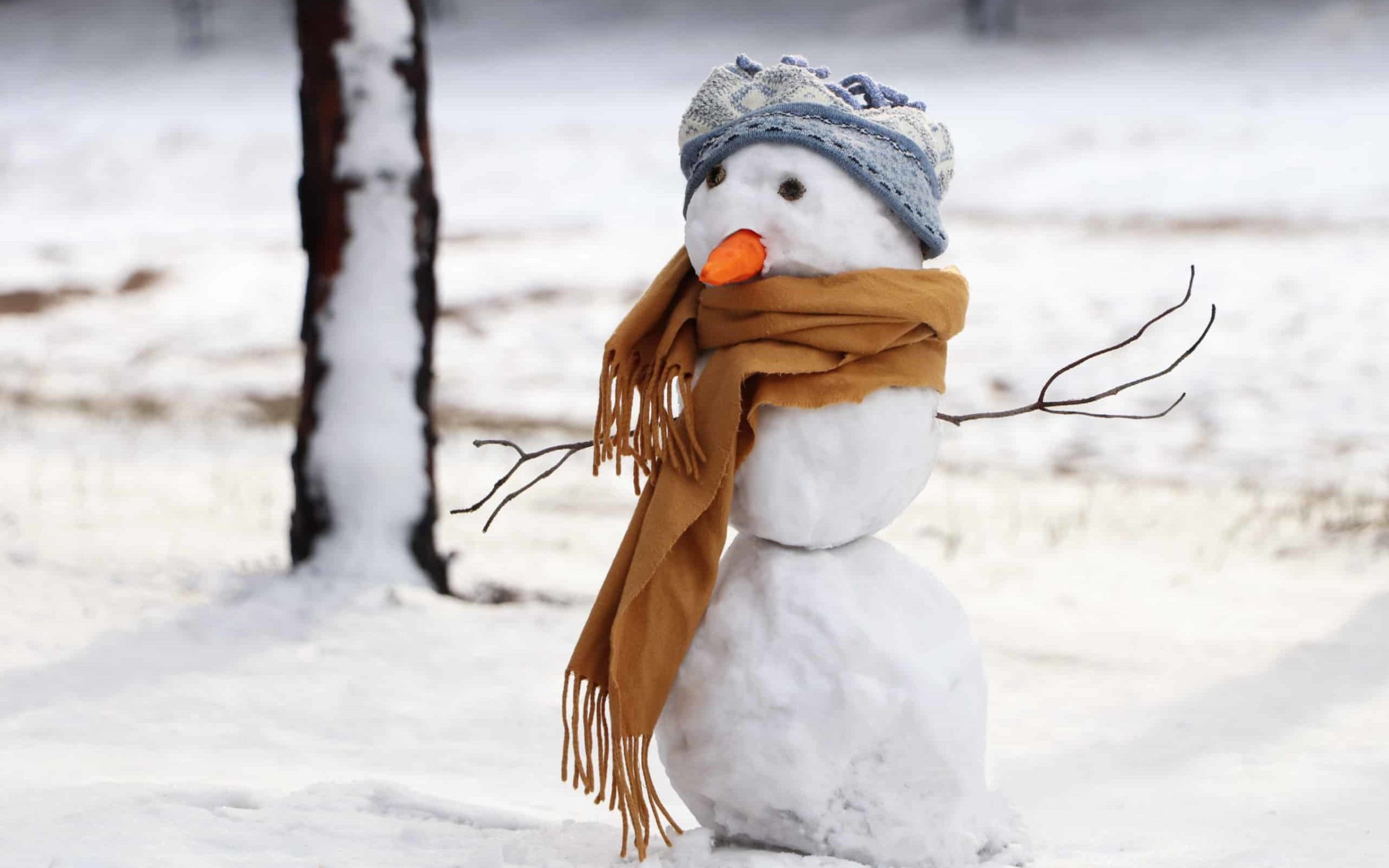Gas prices hit a two-month high today as the big chill sweeping across Europe forces households to reach for the thermostat.
Benchmark European natural gas futures surged by around 6 per cent to the highest level since mid-October as temperatures dipped to -6C across much of the UK overnight into Thursday.




